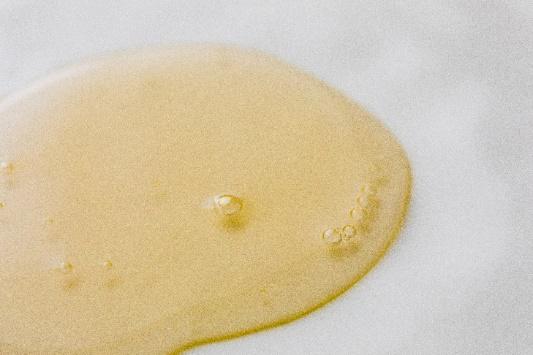| Technology code 21-AUA-01 |
Status OPEN |
Applications mode First call for expression of interest |
Access model As specified in the call |
Code: 21-AUA-01
The Opportunity
Modified vegetable oils (mostly palm oil) are widely used for the production of spreads, confectionery, bakery, dairy and meat products. The common practice to transform vegetable liquid oils into solid‐like fats include partial hydrogenation or interesterification with side-effects the creation of saturated and trans fatty acids, which have been associated with adverse effects on human health such as obesity, metabolic syndrome and cardiovascular diseases. Legislative limitations related to the use of trans and saturated fatty acids and health considerations regarding the increased use of palm fat in food lead research to reformulation of fat‐ containing food products. The US Food and Drug Administration partially characterized hydrogenated oils as no “GRAS” that has to be removed, or at least minimized, from food products. Oleogelation is a new technology that can reduce the trans and saturated fat content in processed foods leading also to higher content of unsaturated fatty acids.
Our Offer
FOOD INNOVATION RI researchers have employed bioprocessing based on circular economy aspects for the valorization of spent coffee grounds to produce high value-added oleogels that could lead to sustainability and a low environmental footprint. The novel oleogles could be applied as highly promising alternative to replace trans and saturated fatty acids in food formulations i.e substitutes of butter and spreads, and shortening in the confectinery industry.
The Technology
Nutrient rich fermentation media were produced by applying enzymatic hydrolysis of spent coffee grounds (waste stream of the coffee industry). Fed batch bioreactor fermentations with Rhodosporidium toruloides were carried out to produce microbial oil rich in carotenoids.The innovative technology of oleogelation was applied to develop oleogels by employing plant-based oleogelators (carnauba and candelilla wax) and microbial oil rich in carotenoids. The strategy of employing low molecular weight molecules as oleogelators was evaluated. Oleogels were prepared by the entrapment of liquid microbial oil into a three-dimensional and thermo-reversible network by using low concentrations of carnauba and candelilla wax. Semi-solid structures were thus obtained. The concentration of both waxes was optimized, and the novel structures were evaluated in terms of their physicochemical properties, rheological behavior and stability.
Advantages & Innovations
- Desirable texture, firmness and spreading abilities were achieved
- The efficient gel formation of oleogles was confirmed by storage modulus (G′)>loss modulus (G")
- Microbial oil-based oleogels rich in carotenoids showed an enhanced gelation behaviour
The overall evaluation of oleogels properties demonstrated their potent application in confectionary products and spreads for the substitution of conventional fatty materials containing trans or saturated fatty acids.
Stage of Development
This novel technology is an innovative process for the production of low fat containing food formulations via oleogelation and it has been validated in lab scale. The next step requires an industrial large-scale validation and production to ensure the effectiveness of the process in large scale and manufacturing.
Partner Search
FOOD INNOVATION RI is seeking for Partners from the Food Industry with the capacities to develop this technology. The ideal Partner shall be a confectionery industry with a strong retail network or a food ingredient producer eager to further develop this technology in a relevant and operational environment. Alternative options may also be considered.
Offered by
Department of Food Science and Human Nutrition, Agricultural University of Athens, Iera Odos 75, Athens, Greece
Contact

Prof Apostolis KOUTINAS
This email address is being protected from spambots. You need JavaScript enabled to view it.
Food Process Engineering


